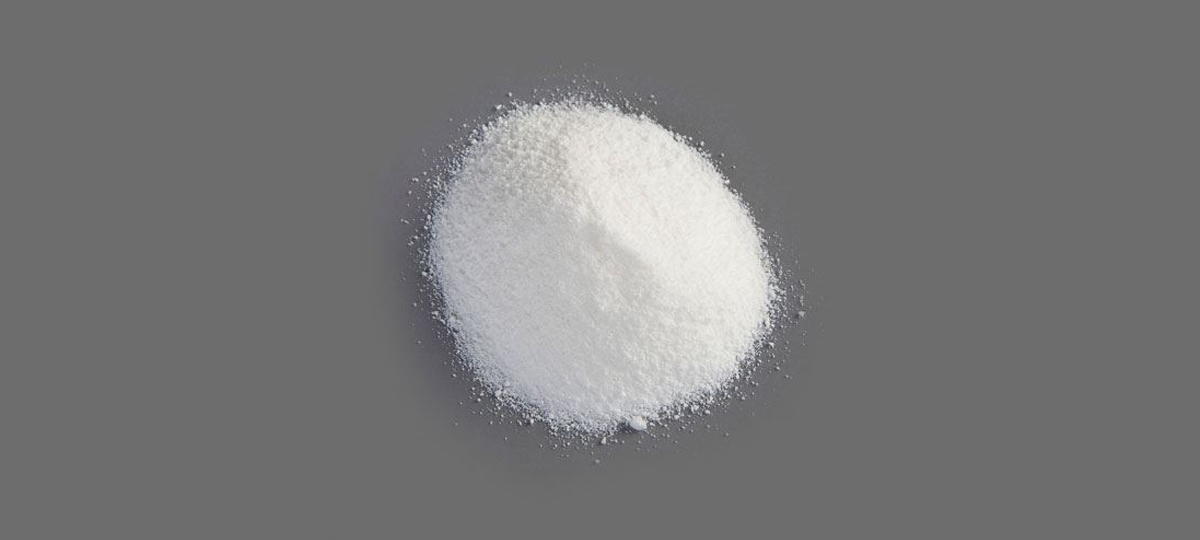
EDTA (Ethylenediamine Tetraacetic Acid) is a powerful chelating agent that binds with metal ions such as calcium, magnesium, iron, and copper to form stable, water-soluble complexes. It is widely used to control metal ion activity, prevent scale formation, and stabilize formulations in a variety of industrial, pharmaceutical, cosmetic, and agricultural applications.
EDTA is available in acid form as well as sodium salt forms (EDTA-2Na, EDTA-4Na), each suitable for specific pH ranges and uses.
| Chemical Formula | C₁₀H₁₆N₂O₈ |
|---|---|
| Appearance | White crystalline powder |
| Grade | Industrial / Technical / Pharmaceutical |
Applications
- Water Treatment : Softens water by sequestering metal ions and preventing scale and corrosion
- Pharmaceuticals : Used as a stabilizer and preservative in injectable and topical formulations
- Cosmetics & Personal Care : Improves product stability and shelf life in creams, shampoos, and soaps
- Detergents & Cleaners : Enhances cleaning power by binding hard water ions
- Agriculture : Used in micronutrient formulations for improving nutrient uptake by plants
- Industrial Processing : Used in electroplating, textile bleaching, and pulp & paper industries
Features
- Excellent metal ion chelation ability
- Effective over a broad pH range
- Enhances product stability and performance
- Non-volatile and odorless
- Available in various salt forms for specific applications
Specifications
- Assay : ≥ 99.0%
- pH (1% solution) : 2.5 – 3.5 (acid form)
- Solubility : Soluble in water (acid form moderately; salts highly soluble)
- Appearance : White crystalline powder
Storage & Handling
Store in a cool, dry place in tightly sealed containers. Avoid contact with moisture and incompatible materials like strong oxidizers. Use standard PPE when handling bulk quantities.
